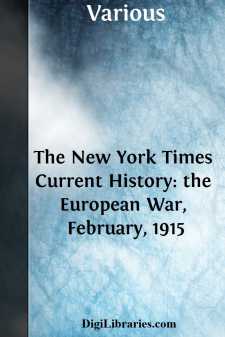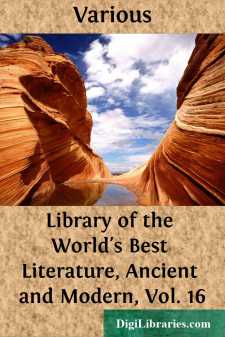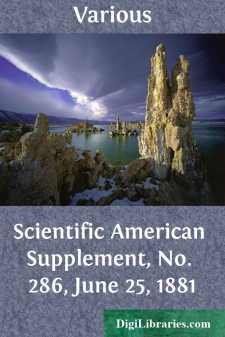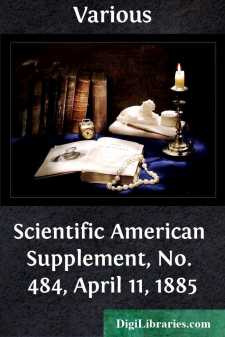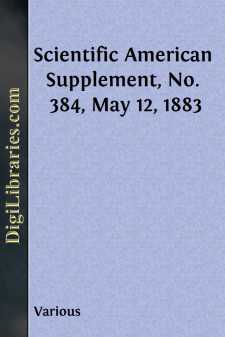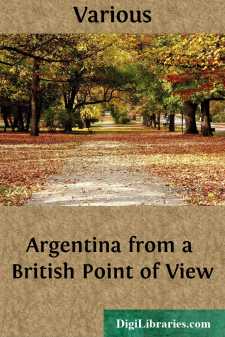Categories
- Antiques & Collectibles 13
- Architecture 36
- Art 48
- Bibles 22
- Biography & Autobiography 813
- Body, Mind & Spirit 141
- Business & Economics 28
- Children's Books 12
- Children's Fiction 9
- Computers 4
- Cooking 94
- Crafts & Hobbies 4
- Drama 346
- Education 46
- Family & Relationships 57
- Fiction 11826
- Games 19
- Gardening 17
- Health & Fitness 34
- History 1377
- House & Home 1
- Humor 147
- Juvenile Fiction 1873
- Juvenile Nonfiction 202
- Language Arts & Disciplines 88
- Law 16
- Literary Collections 686
- Literary Criticism 179
- Mathematics 13
- Medical 41
- Music 40
- Nature 179
- Non-Classifiable 1768
- Performing Arts 7
- Periodicals 1453
- Philosophy 64
- Photography 2
- Poetry 896
- Political Science 203
- Psychology 42
- Reference 154
- Religion 513
- Science 126
- Self-Help 83
- Social Science 81
- Sports & Recreation 34
- Study Aids 3
- Technology & Engineering 59
- Transportation 23
- Travel 463
- True Crime 29
The New York Times Current History: the European War, February, 1915
by: Various
Description:
Excerpt
AT this moment, when your countrymen and ours are alike facing death for the deliverance of Europe, we Englishmen of letters take the opportunity of uttering to you feelings which have been in our hearts for many years. You yourselves perhaps hardly realize what an inspiration Englishmen of the last two generations have found in your literature.
Many a writer among us can still call back, from ten or twenty or thirty years ago, the feeling of delight and almost of bewilderment with which he read his first Russian novel. Perhaps it was "Virgin Soil" or "Fathers and Sons," perhaps "War and Peace," or "Anna Karenina"; perhaps "Crime and Punishment" or "The Idiot"; perhaps, again, it was the work of some author still living. But many of us then felt, as our poet Keats felt on first reading Homer,
"like some watcher of the skiesWhen a new planet swims into his ken."
It was a strange world that opened before us, a world full of foreign names which we could neither pronounce nor remember, of foreign customs and articles of daily life which we could not understand. Yet beneath all the strangeness there was a deep sense of having discovered a new home, of meeting our unknown kindred, of finding expressed great burdens of thought which had lain unspoken and half-realized at the depths of our own minds. The books were very different one from another, sometimes they were mutually hostile; yet we found in all some quality which made them one, and made us at one with them. We will not attempt to analyze that quality. It was, perhaps, in part, that deep Russian tenderness, which never derides but only pities and respects the unfortunate; in part that simple Russian sincerity which never fears to see the truth and to express it; but most of all it was that ever-present sense of spiritual values, behind the material and utterly transcending the material, which enables Russian literature to move so naturally in a world of the spirit, where there are no barriers between the ages and the nations, but all mankind is one.
And they call you "barbarians"! The fact should make us ask again what we mean by the words "culture" and "civilization." Critics used once to call our Shakespeare a barbarian, and might equally well give the same name to Aeschylus or Isaiah. All poets and prophets are in this sense barbarians, that they will not measure life by the standards of external "culture." And it is at a time like this, when the material civilization of Europe seems to have betrayed us and shown the lie at its heart, that we realize that the poets and prophets are right, and that we must, like them and like your great writers, once more see life with the simplicity of the barbarian or the child, if we are to regain our peace and freedom and build up a better civilization on the ruins of this that is crumbling.
That task, we trust, will some day lie before us. When at last our victorious fleets and armies meet together, and the allied nations of East and West set themselves to restore the well-being of many millions of ruined homes, France and Great Britain will assuredly bring their large contributions of good-will and wisdom, but your country will have something to contribute which is all its own....


